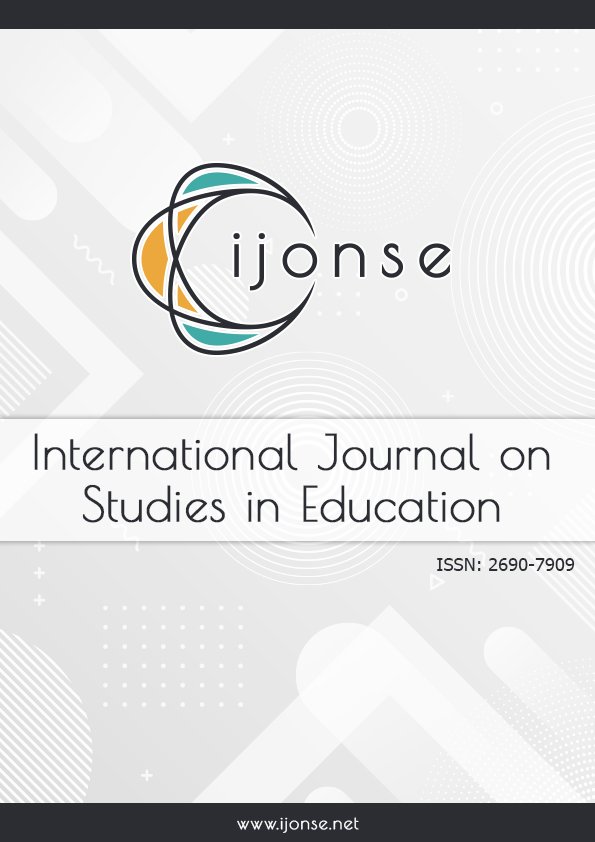Implementation of Augmented Reality Media in Physics Learning to Develop Students' Cognitive Abilities: A Systematic Literature Review
DOI:
https://doi.org/10.46328/ijonse.263Keywords:
Augmented reality, Cognitive abilities, Physics learning, Systematic literature reviewAbstract
Augmented reality as a learning media has the ability to explain physics concepts contextually and concretely to students in three dimensions, so this study aims to identify the trend that influence the use of augmented reality Media in physics learning on the cognitive abilities of students. This research is composed of the results of a synthesis of the findings of previous research articles that are relevant in the 2017-2022 period. This study adapted systematic literature review method with Publish or Perish software, then filtered and extracted data according to the criteria for the research objectives to produce 47 relevant articles and compiled using PRISMA Protocol. From the results of several research syntheses, it was found that the use of augmented reality in physics learning can improve students' cognitive abilities which include self-efficacy, conceptual understanding, critical thinking, high order thinking, visual representation, abstract thinking, scientific literacy, creative thinking, computational thinking, reasoning and problem solving. In addition, the use of augmented reality media provides optimal learning outcomes for students and has a positive influence on affective abilities. Future research is expected to be able to present in depth the influence of augmented reality media in physics learning to develop students' affective abilities and attitudes.References
Sebastian, R. & Kuswanto, H. (2024). Implementation of augmented reality media in physics learning to develop students' cognitive abilities: A systematic literature review. International Journal on Studies in Education (IJonSE), 6(4), 701-719. https://doi.org/10.46328/ijonse.263
Downloads
Additional Files
Published
Issue
Section
License
Articles may be used for research, teaching, and private study purposes. Authors alone are responsible for the contents of their articles. The journal owns the copyright of the articles. The publisher shall not be liable for any loss, actions, claims, proceedings, demand, or costs or damages whatsoever or howsoever caused arising directly or indirectly in connection with or arising out of the use of the research material.
The author(s) of a manuscript agree that if the manuscript is accepted for publication in the International Journal on Studies in Education (IJonSE), the published article will be copyrighted using a Creative Commons “Attribution 4.0 International” license. This license allows others to freely copy, distribute, and display the copyrighted work, and derivative works based upon it, under certain specified conditions.
Authors are responsible for obtaining written permission to include any images or artwork for which they do not hold copyright in their articles, or to adapt any such images or artwork for inclusion in their articles. The copyright holder must be made explicitly aware that the image(s) or artwork will be made freely available online as part of the article under a Creative Commons “Attribution 4.0 International” license.

This work is licensed under a Creative Commons Attribution-NonCommercial-ShareAlike 4.0 International License.





